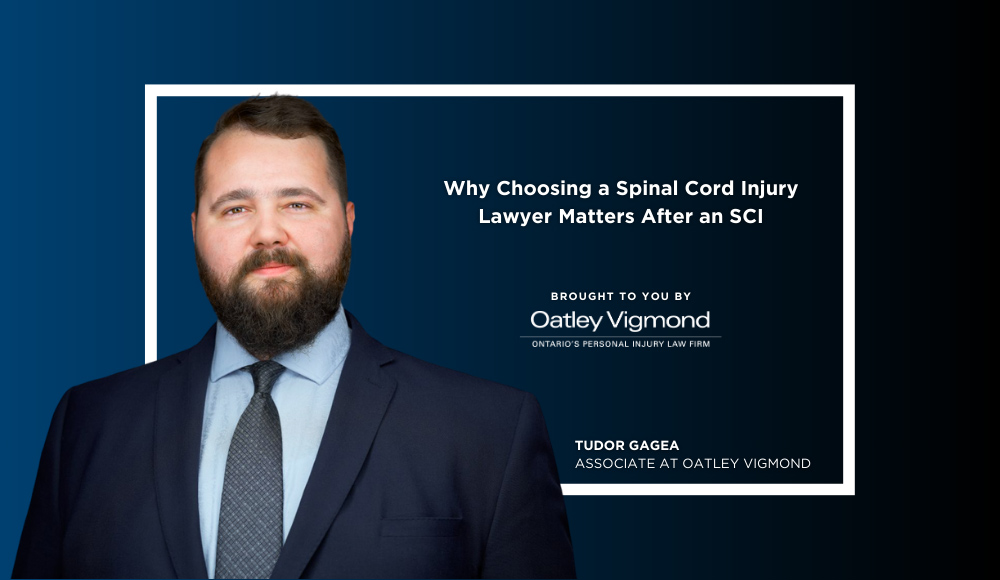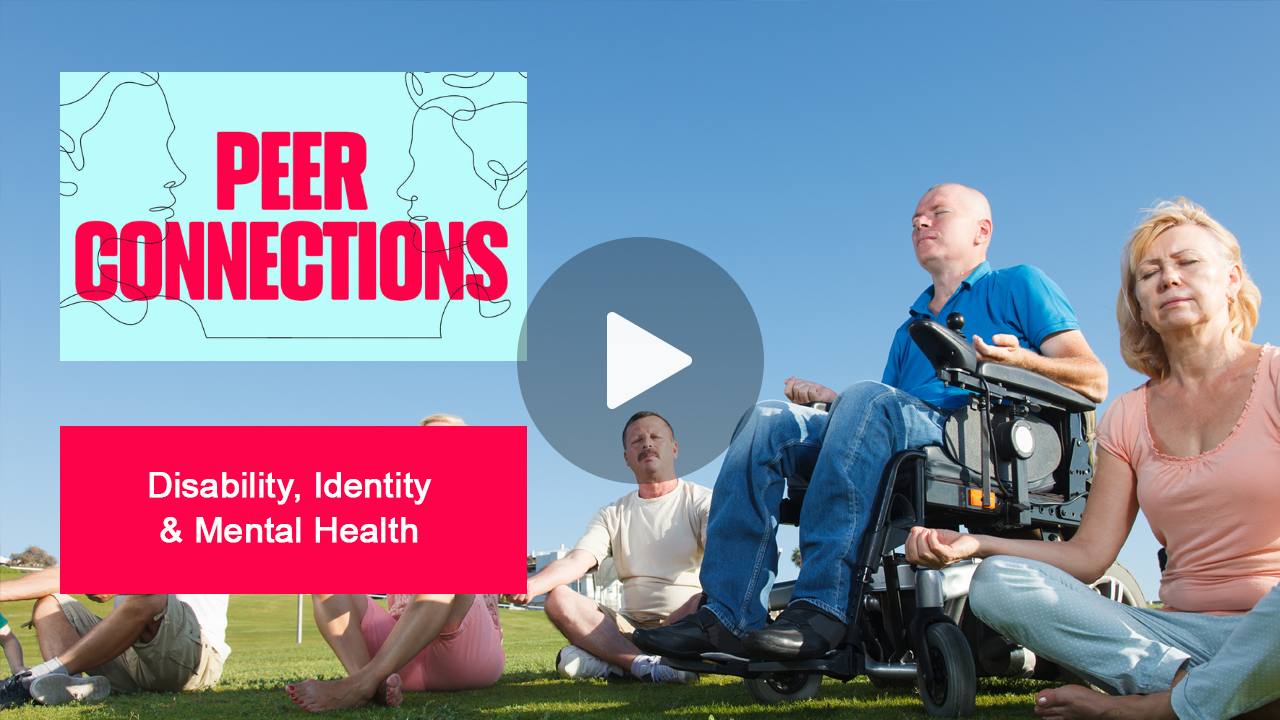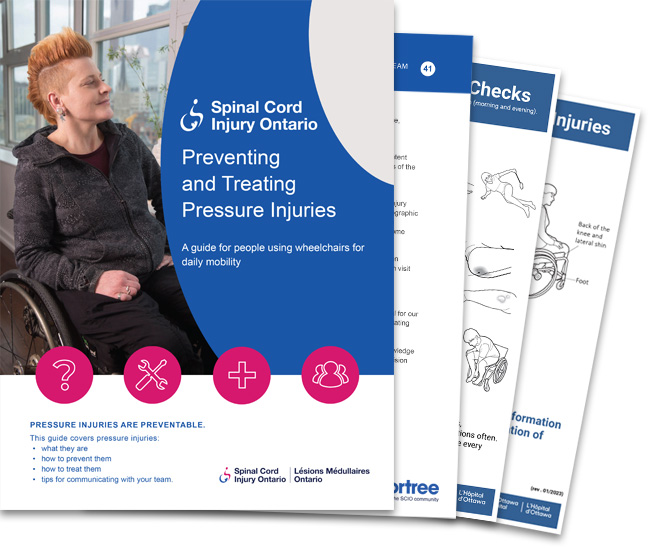In this episode of Underestimated, Oda and Luke Anderson discuss issues with accessible housing in Canada, and what it means to be truly barrier free. The Ontario Building Code currently requires 15 percent of units within a multi-unit building to be barrier free. However barrier free does not include a stepless entry to the shower area or step-free access to the balcony. This means Luke has never been out onto the balcony of his condo.
In contrast, Luke describes the concept of access intimacy, « that elusive, hard to describe feeling when someone else “gets” your access needs, » (Mia Mingus, 2017). Access intimacy to Luke means being able to access a space on his own terms, with independence and spontaneity and a feeling of safety, comfort, and of having his needs met.
After sustaining a spinal cord injury in 2002, Luke Anderson was all of a sudden introduced to a world that’s not well suited for a wheelchair user. His frustration encountering access barriers led him to co-found the StopGap Foundation, which raises awareness about the importance of a barrier-free and inclusive society. Luke is a licensed professional engineer, a volunteer ambassador with the Rick Hansen Foundation, and he was awarded the 2016 Jane Jacobs Prize. He is the co-chair of the Accelerating Accessibility Coalition, a first-of-its-kind community of real estate development and accessibility leaders that aims to create a more accessible Canada.
To learn more about StopGap Foundation visit https://stopgap.ca/
To learn more about the Accelerating Accessibility Coalition, visit https://toronto.uli.org/getinvolved/the-accelerating-accessibility-coalition/
To learn more about SCIO’s advocacy campaigns and to get involved, visit https://sciontario.org/our-initiatives/housing/




